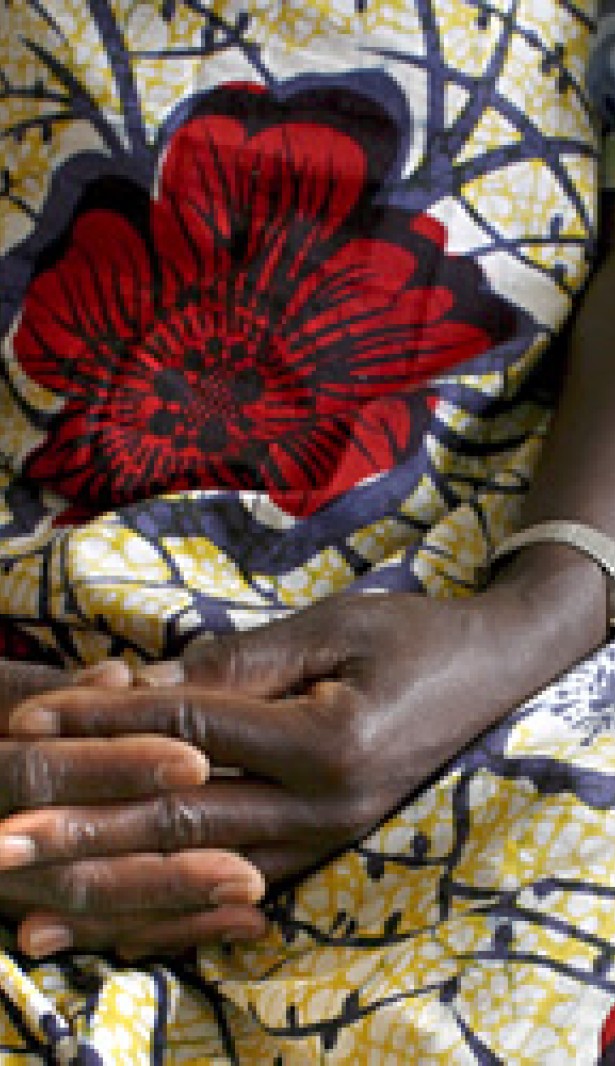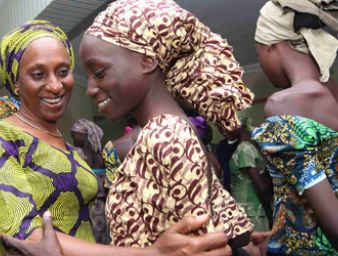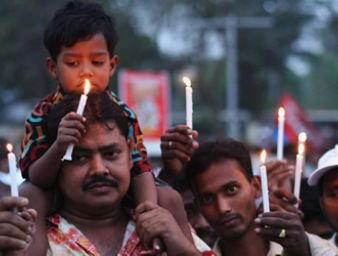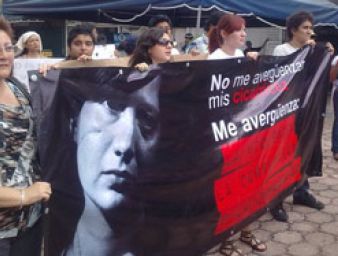Legal clinics bring justice and rehabilitation to victims of sexual violence in DR Congo
25 November 2015
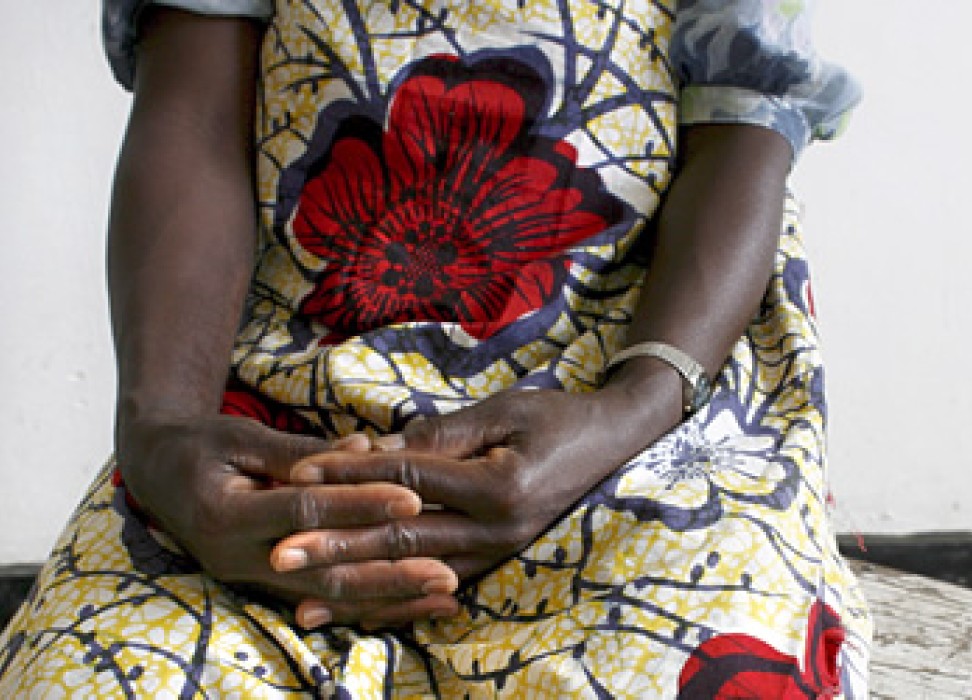
Victoire* is one of the hundreds of victims of sexual and gender-based violence assisted by 15 legal clinics run by NGOs and supported by the UN Joint Human Rights Office (JHRO) in the Democratic Republic of Congo (DRC).
“After I was raped, I went to the legal clinic run by the Association pour le développement des initiatives paysannes (ASSODIP- Association for the Development of Peasant Initiatives), an NGO based in Mugunga, a suburb of the city of Goma in North Kivu of DRC,” recounted the survivor.
The manager of the legal clinic advised Victoire to go through the justice system in order to obtain reparation.
“I was referred by the legal clinic to Kyeshero Hospital for medical care; I was pregnant. I was medically assisted free of charge until I gave birth to my baby. The legal clinic also referred me to another local NGO where I was awarded funding for an income generating activity. I sell milk now, and I can take care of myself and my baby,” she added.
“Meanwhile, the lawyers at ASSODIP followed-up on my case and succeeded in obtaining a prison sentence for my rapist and payment of 800,000 Congolese Francs for damages. But I still have not been compensated.”
For over ten years now, the JHRO has been supporting victims of sexual violence through legal clinics. Over the past year alone, the Office supported 15 legal clinics, which heard the ordeals of more than 2,500 people all over the DR Congo and given them legal information and orientation. They have provided direct legal assistance to close to 750 victims of sexual violence that resulted in more than 230 convictions for perpetrators. Seven mobile courts were organized to try sexual violence cases in which the legal clinics provided protection measures to help the victims testify in court.
For another survivor living in Kibangula village, 450 kilometers from Kindu, the provincial capital of the Maniema province, her rapist was escorted by policemen from Kabambare to the prosecutor’s office in Kindu. The victim’s parents had to travel to Kindu to care for her and testify, as witnesses, in the case.
The legal clinic run by the NGO Association des femmes juristes du Congo (AFEJUCO- Congolese Women Lawyers Association) covered the related cost without which the hearing could not have been held: the perpetrator’s transfer, the victim’s and her family’s travel and stay in Kindu, and the legal fees. The organization is also following up on the case at the Kindu High Court.
Fighting impunity for sexual violence requires access to justice for victims, a strategic goal for the Joint Human Rights Office. By supporting civil society organizations and judicial institutions, the Office endeavors to ease the rehabilitation in their communities of women and girl survivors, and the recognition by the State of their status as victims.
The National Strategy to fight sexual and gender-based violence adopted by the DR Congo in 2009 requires working on various fronts: fighting impunity; medical and psychosocial assistance for the victims and their families; socio-economic reintegration of survivors; and data and mapping.
This strategy aims at the holistic assistance to survivors through a referral system, which the legal clinics are using to receive victims from other medical and psychosocial services, and refer them to socio-economic reintegration programs, while keeping data on victims.
The legal clinics supported by the Joint Human Rights Office are located in conflict affected areas as well as non-conflict zones. In the absence of other services, the Office donates funds for medical evidence kits which are crucial to the victim’s case. Further, the Joint Human Rights Office organizes training in forensic expertise on sexual violence for medical doctors in the towns of Kalemie, Kindu, Kinshasa, Lubumbashi and Matadi.
* Not her real name.
This story is published as part of the 16 Days of Activism against Gender-Based Violence, which runs every year from 25 November (the International Day for the Elimination of Violence against Women) to 10 December (Human Rights Day). The international campaign calls for the elimination of violence against women and invites everyone to take action.
25 November 2015
